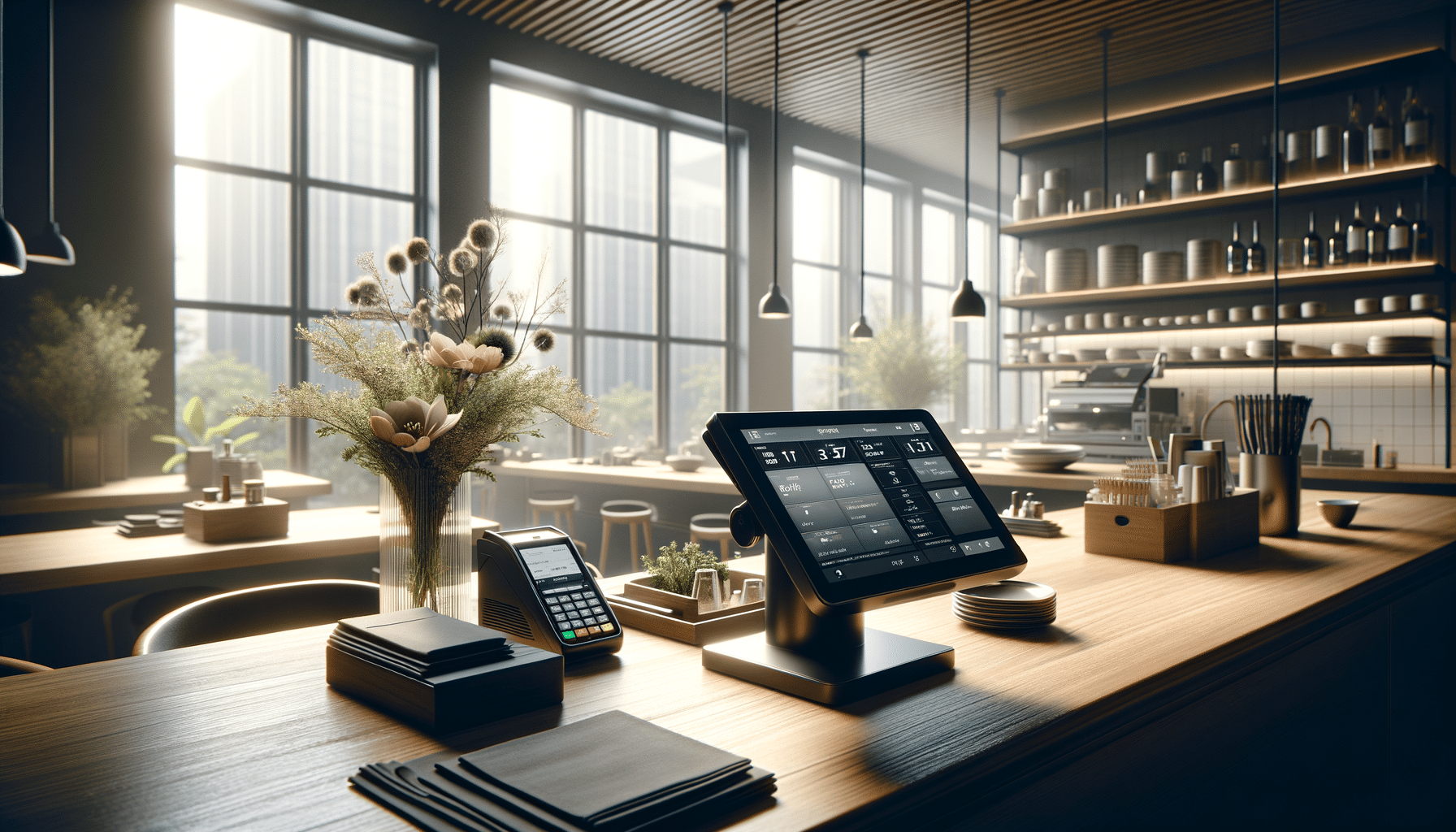
Guide for Restaurant and Bar POS Systems
Introduction to POS Systems in Hospitality
Point of Sale (POS) systems have become a cornerstone in the hospitality industry, particularly in restaurants and bars. These systems are not just about processing transactions; they are about enhancing the customer experience, streamlining operations, and providing valuable insights into business performance. In a fast-paced environment where efficiency and customer satisfaction are paramount, having a reliable POS system can make a significant difference. This article delves into the key components and benefits of POS systems tailored specifically for restaurants and bars, offering insights into how they can transform business operations.
Core Features of Restaurant and Bar POS Systems
Restaurant and bar POS systems come equipped with a variety of features designed to cater to the unique needs of the hospitality sector. These features include:
- Order Management: Efficiently handle orders with customizable menu options and modifiers.
- Inventory Tracking: Keep track of stock levels, reducing waste and ensuring supplies are always available.
- Customer Relationship Management: Store customer data to personalize service and enhance loyalty programs.
- Real-Time Reporting: Access sales data and analytics to make informed business decisions.
- Integration Capabilities: Seamlessly connect with other systems such as accounting software and online ordering platforms.
These features collectively contribute to smoother operations, better customer service, and improved profitability. By automating routine tasks and providing actionable insights, POS systems enable restaurant and bar owners to focus on what truly matters—their customers.
Benefits of Implementing POS Systems in Restaurants and Bars
The implementation of a POS system in a restaurant or bar offers numerous advantages. One of the most significant benefits is improved efficiency. With automated processes, staff can serve customers more quickly and accurately, reducing wait times and increasing table turnover. Additionally, POS systems minimize human errors in order taking and billing, ensuring customer satisfaction.
Financial management is another area where POS systems excel. They provide detailed sales reports, helping business owners track revenue, identify trends, and make data-driven decisions. This level of insight is invaluable for managing costs and optimizing pricing strategies.
Furthermore, POS systems enhance customer experience by enabling faster service and personalized interactions. With the ability to store customer preferences and order history, staff can offer tailored recommendations and promotions, fostering customer loyalty and repeat business.
Choosing the Right POS System for Your Business
Selecting the right POS system is crucial for maximizing the benefits of this technology. Business owners should consider several factors when making their choice:
- Scalability: Choose a system that can grow with your business, accommodating additional features and users as needed.
- User-Friendliness: Opt for a system with an intuitive interface that requires minimal training for staff.
- Support and Maintenance: Ensure the provider offers reliable customer support and regular software updates.
- Cost: Evaluate the total cost of ownership, including initial setup fees, subscription costs, and any additional charges.
- Integration: Consider how well the POS system integrates with existing tools and future technology investments.
By carefully evaluating these factors, business owners can select a POS system that aligns with their operational needs and long-term goals.
Future Trends in POS Technology
The landscape of POS technology is continually evolving, with new trends emerging that promise to further enhance the capabilities of these systems. One such trend is the integration of artificial intelligence (AI) and machine learning, which can provide predictive analytics and personalized customer experiences. These technologies enable businesses to anticipate customer needs and optimize inventory management.
Another trend is the increasing use of mobile POS systems, which offer flexibility and mobility, allowing staff to take orders and process payments anywhere within the establishment. This can significantly enhance the dining experience by reducing wait times and improving service efficiency.
Additionally, contactless payment options are becoming more prevalent, driven by consumer demand for safe and convenient transaction methods. As the hospitality industry continues to adapt to changing consumer behaviors, POS systems will play a pivotal role in ensuring businesses remain competitive and responsive to customer needs.
Conclusion: Enhancing Hospitality with POS Systems
POS systems are an integral part of modern restaurant and bar operations, offering a myriad of benefits that enhance efficiency, customer satisfaction, and profitability. By understanding the features and advantages of POS technology, business owners can make informed decisions that align with their operational needs and strategic objectives. As technology continues to advance, the role of POS systems in the hospitality industry will undoubtedly expand, offering new opportunities for innovation and growth.

